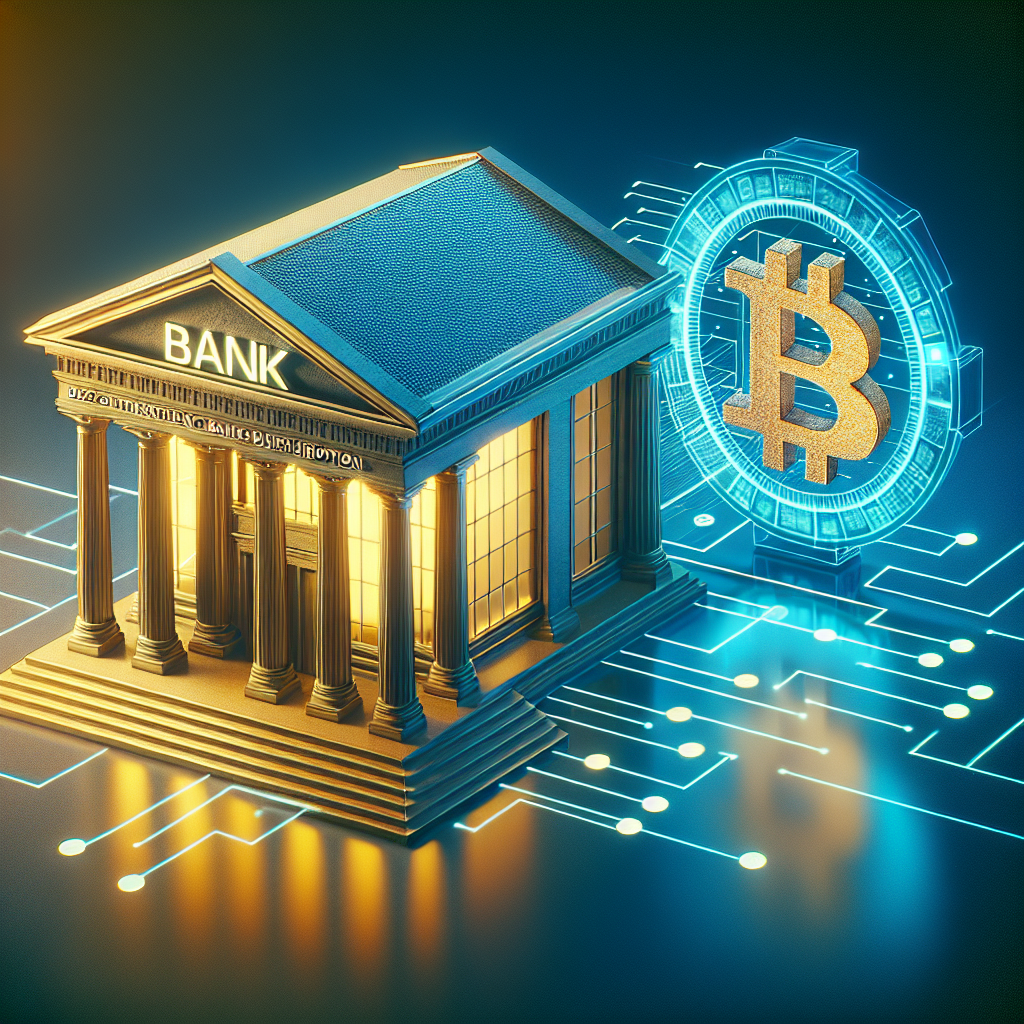
Understanding Decentralized Finance (DeFi)
Decentralized Finance (DeFi) refers to a financial ecosystem built on blockchain technology that aims to replicate and improve traditional financial systems without intermediaries. With smart contracts and cryptocurrencies, DeFi allows users to lend, borrow, trade, and earn interest on their digital assets, reshaping how individuals interact with financial services.
The Rise of DeFi
Advantages of DeFi
- Accessibility: DeFi platforms operate without credit checks, allowing underserved populations to access financial services.
- Transparency: Blockchain’s inherent transparency enables users to see all transactions, reducing fraud risk.
- Lower Fees: By eliminating intermediaries, DeFi platforms often charge lower transaction fees.
The Threat to Traditional Banking
Traditional banks have long enjoyed monopoly power over financial transactions, but the rise of DeFi poses serious challenges. With services such as lending and trading becoming swift and more accessible, numerous questions arise:
Are Traditional Banks Prepared?
Traditional banks are not sitting idle. Many are exploring blockchain technology to enhance their offerings and maintain customer relationships. However, the pace of innovation in DeFi may outstrip their efforts.
The Impact of Regulatory Concerns
As DeFi continues to evolve, regulatory scrutiny increases. Governments worldwide are grappling with how to regulate decentralized systems without stifling innovation. This presents a unique challenge for both DeFi and traditional banks.
Related Searches
- What is DeFi?
- How does DeFi impact traditional banking?
- Pros and cons of decentralized finance
- Future of traditional banks in a DeFi world
FAQ
Q: What is the primary goal of DeFi?
A: The primary goal of DeFi is to create an open financial ecosystem where anyone can access services without relying on traditional intermediaries.
Q: Are traditional banks losing customers to DeFi?
A: While some bank customers are exploring DeFi for better rates and services, traditional banks still hold significant market share and are adapting to the evolving landscape.
Interview: Insights from Industry Experts
We spoke to Jane Doe, a blockchain analyst, about the future of finance.
Interviewer: “Do you believe that DeFi will completely replace traditional banking?”
Jane Doe: “I think DeFi will not replace traditional banks entirely but will create a complementary financial ecosystem. Some services may shift towards decentralized options, but banks will still play a crucial role in the economy.”
Conclusion
As DeFi innovations continue to emerge, traditional banks face both threats and opportunities. While not immediately at risk, they must adapt to retain relevance in a rapidly changing financial landscape. Continuous innovation and regulatory development will determine the balance between emerging DeFi solutions and traditional banking systems.
References
- DeFi Overview (nofollow)
- The Future of Banking (nofollow)
- Blockchain and Finance (nofollow)
#Decentralized #Finance #DeFi #Disruption #Traditional #Banks #Risk

